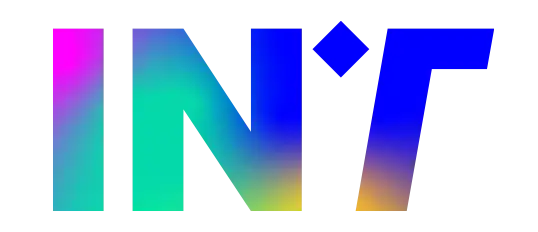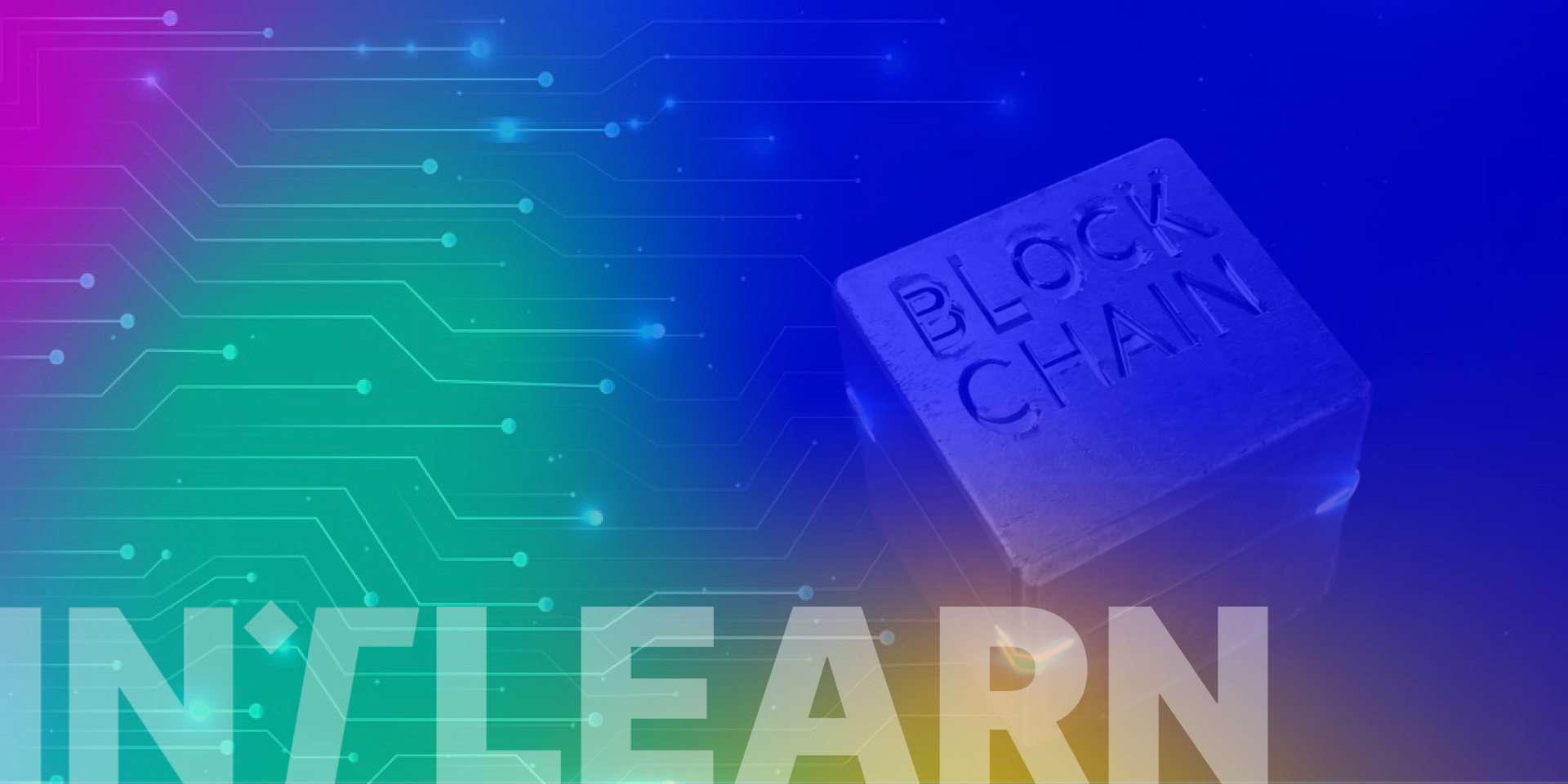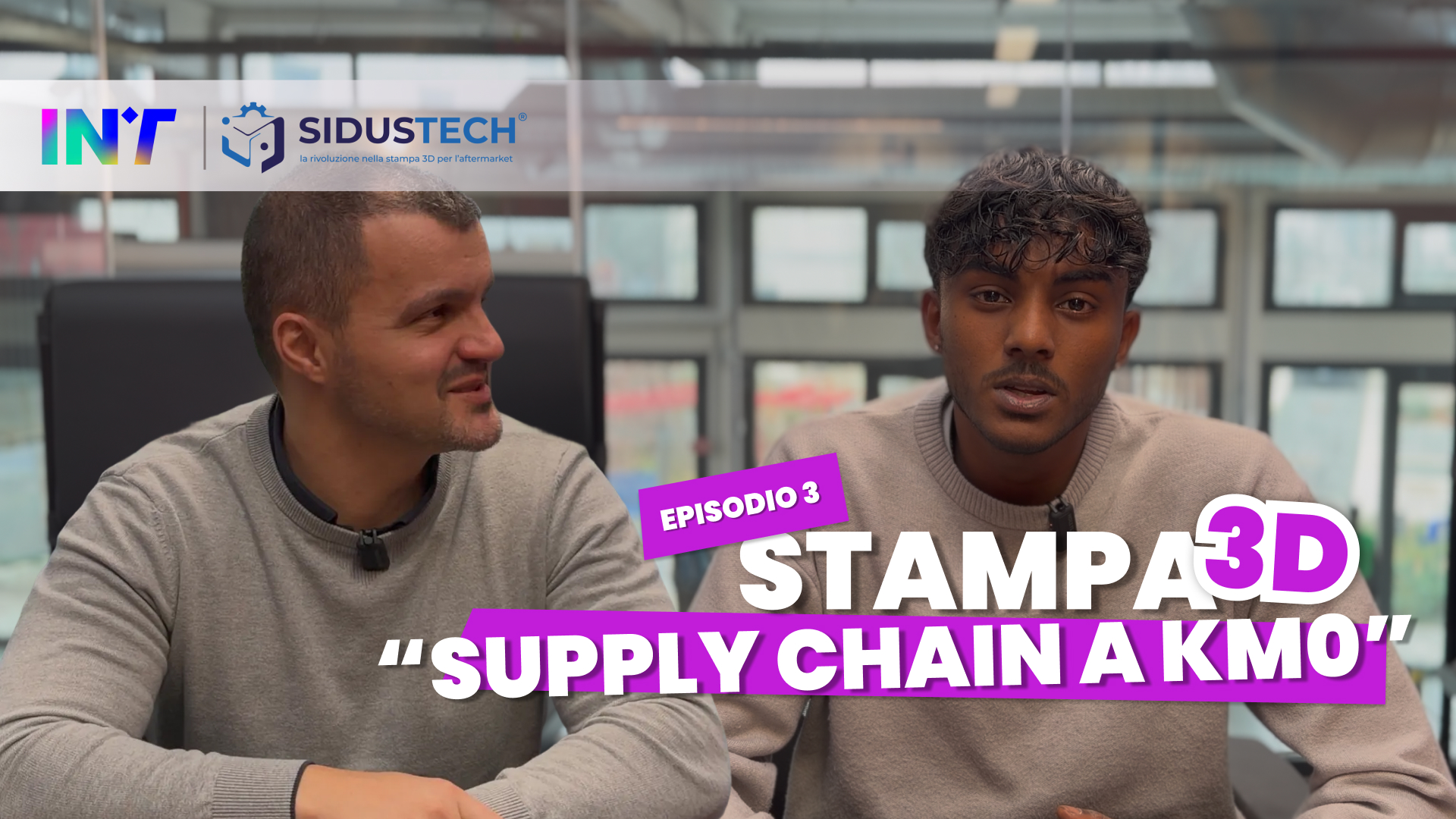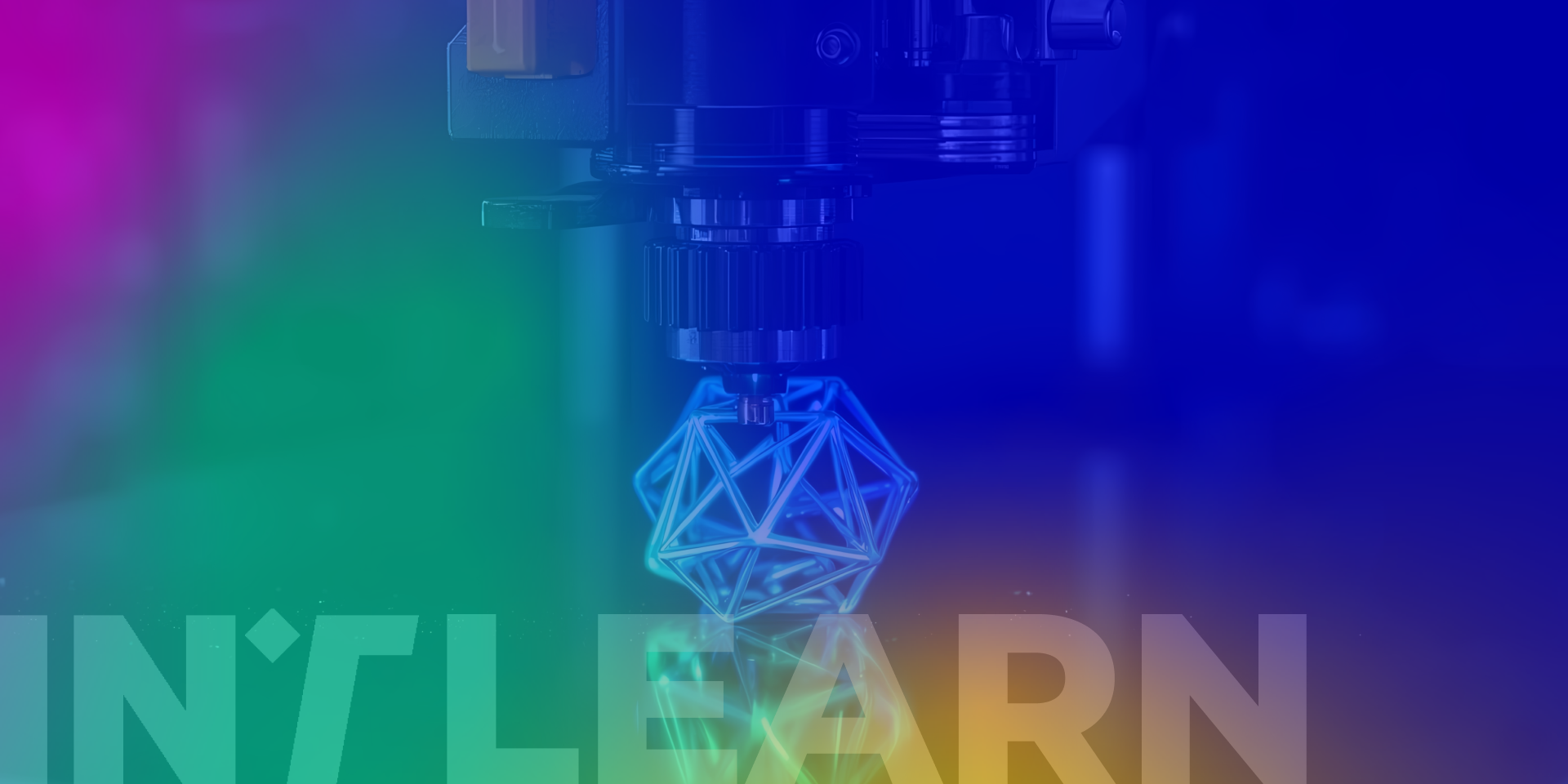Functionality and fields of application about Blockchain
Blockchain: A Transparent and Immutable Database Mechanism that enables the transparent and immutable sharing of information among participants. Each piece of data or transaction is grouped into a block, with blocks linked together in a chronological chain. The strength of this chain lies in its integrity: once a block is added, it cannot be deleted or modified without the consensus of the entire network.
This mechanism creates an unalterable ledger, ideal for tracking orders, payments, ownership, and any other transaction, with integrated features that prevent unauthorized access and modifications.
Traditional database solutions present vulnerabilities, especially when recording transactions that require trust between different parties, such as the sale of a property. Without a central authority to validate each step, disputes can easily arise, for instance, if the seller denies receiving payment from the buyer.
Blockchain overcomes these issues by creating a decentralized and tamper-proof system, eliminating the need for a central intermediary. The intrinsic nature of the chain, where each new block is linked to the previous one, leads to strong resistance against fraud and manipulation. The fields of application about Blockchain making it an innovation like Bitcoin and other digital currencies.
FUNCTIONALITY
Blockchain offers concrete and revolutionary benefits for managing resources and transactions:
- Advanced Security: Blockchain systems are extremely secure. Thanks to a combination of cryptography, decentralization, and consensus mechanisms, it’s nearly impossible to tamper with records. There’s no single point of failure, and no user can unilaterally alter transactions.
- High Efficiency: Complex transactions between businesses, often slowed down by bureaucracy, compliance, and intermediaries, become faster and more efficient with blockchain. Its transparency and the use of Smart Contracts—self-executing digital agreements—automate processes, reducing both time and costs.
- Rapid Auditing: The chronologically immutable nature of blockchain records means all transactions are ordered and transparent. This makes auditing processes significantly quicker and simpler, ensuring instant and reliable verifiability.
FIELDS OF APPLICATION
Blockchain is proving its transformative power far beyond the realm of cryptocurrencies, reinventing entire sectors.
- In Finance and Insurance, it enables more secure and faster payments, simplifies risk management and securities issuance, and automates insurance processes. For Supply Chain and Industry, it optimizes the supply chain and supports cybersecurity, creating more autonomous and controlled systems. Logistics and large-scale retail benefit from unique goods traceability and more efficient inventory management.
- Healthcare and Pharmaceuticals, see improved security and immutability of medical records, automated payments, and a strong fight against drug counterfeiting by tracking every step in the supply chain. The Public Administration and Legal Sector also have the potential for a revolution in citizen services, making document requests fast and transparent. In the legal field, it allows for unalterable certifications of documents and academic qualifications, and offers tools for notaries to record deeds more quickly and economically.
- In Energy and Telecommunications, blockchain fosters peer-to-peer energy distribution and electric vehicle charging via Smart Contracts, enhancing network security. It offers certified communications and decentralized storage, strengthening infrastructure security. For Art and Collectibles, NFTs (Non-Fungible Tokens) are revolutionizing the digital art and collectibles market by assigning value and uniqueness to otherwise reproducible assets. Gaming also benefits, enabling new in-game economies and cryptocurrency-based reward systems.
- Finally, Social Impact and Security are profoundly affected: blockchain increases transparency and trust, allowing donations to be tracked to their destination and supporting new forms of crowdfunding and rewards. In arms control, it can even limit illegal trade through the unique identification of assets. Its versatility and security make it a crucial tool for the future of many industries.






